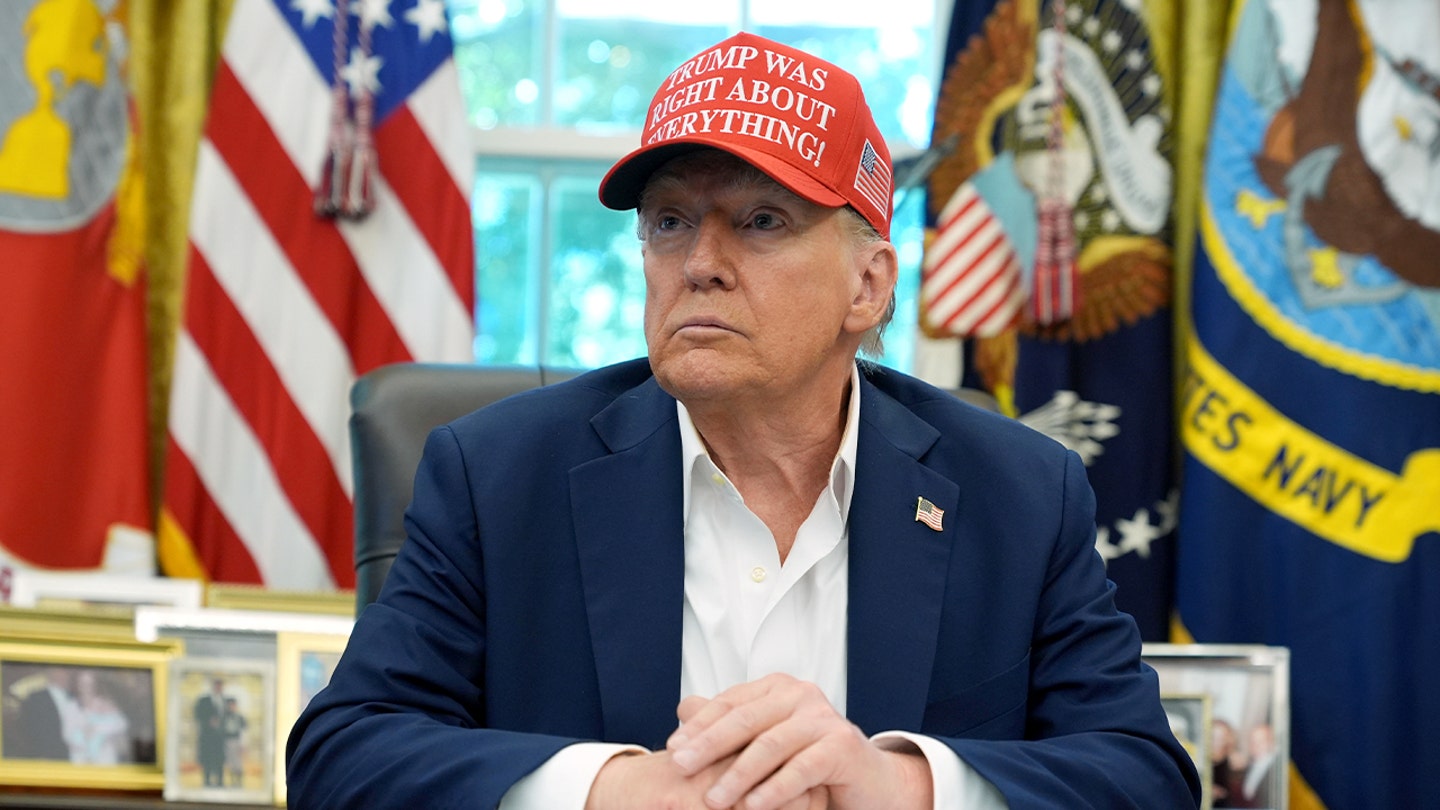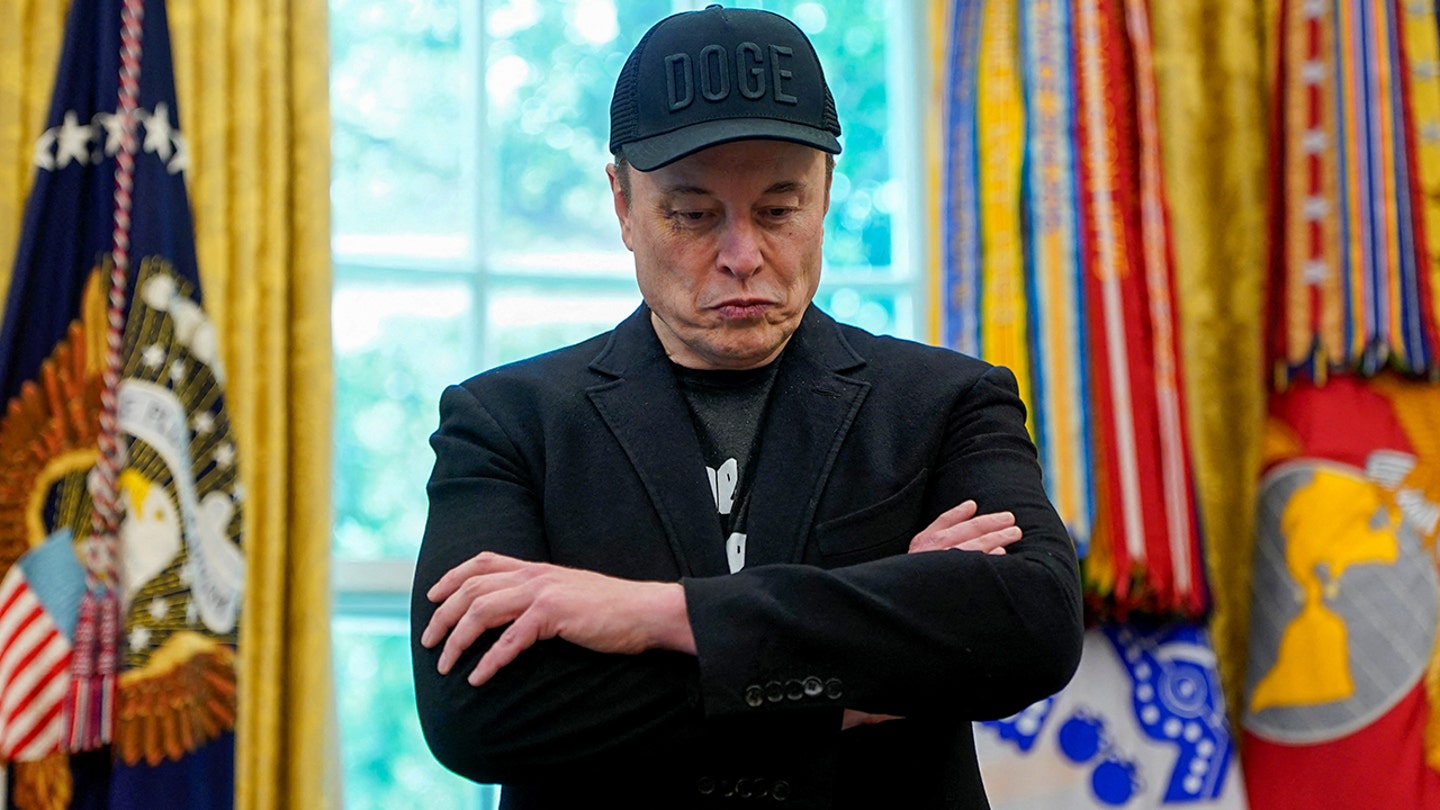
DOGE put Americans’ Social Security records at risk, whistleblower says
Entities mentioned:
- Department of Government Efficiency: Efficiency, Duty, Professional pride
- Social Security Administration: Security, Duty, Professional pride
- Charles Borges: Duty, Righteousness, Security
- Government Accountability Project: Justice, Transparency, Duty
- Office of Special Counsel: Justice, Duty, Security
- Trump administration: Power, Control, Influence
- Elon Musk: Ambition, Influence, Control
- DOGE team: Efficiency, Control, Influence
- Supreme Court: Justice, Duty, Control
- Nick Perrine: Professional pride, Security, Duty
Article Assessment:
Credibility Score: 75/100
Bias Rating: 45/100 (Center)
Sentiment Score: 25/100
Authoritarianism Risk: 35/100 (Generally Democratic)
Bias Analysis:
The article presents multiple perspectives, including the whistleblower, the agency, and concerned groups. It maintains a neutral tone while reporting on a controversial issue, balancing criticism with official responses.
Key metric: Data Security and Privacy
As a social scientist, I analyze that this article highlights a significant breach in data security practices within a major government agency, potentially affecting millions of Americans. The whistleblower's complaint suggests a systemic failure in protecting sensitive personal information, which could have far-reaching consequences for individual privacy and national security. The involvement of private sector entities (DOGE team) in accessing government data raises questions about the balance between modernization efforts and data protection. This situation reflects broader tensions between technological advancement, government efficiency, and the safeguarding of personal information in the digital age. The response from the Social Security Administration appears to downplay the severity of the issue, which may indicate a disconnect between internal perceptions of security and actual vulnerabilities. This incident could lead to decreased public trust in government institutions and their ability to protect citizens' data, potentially impacting social cohesion and civic engagement.

Trump hints at federal crackdown in Chicago amid anti-crime push in DC
Entities mentioned:
- Donald Trump: Power, Control, Righteousness
- Brandon Johnson: Obligation, Self-preservation
- Metropolitan Police Department: Duty, Professional pride
- Department of Government Efficiency: Duty, Security
Article Assessment:
Credibility Score: 65/100
Bias Rating: 70/100 (Lean Right)
Sentiment Score: 55/100
Authoritarianism Risk: 75/100 (Authoritarian Tendencies)
Bias Analysis:
The article leans right, presenting Trump's actions in a largely positive light without significant counterarguments. It relies heavily on Trump's statements and claims of success without substantial independent verification.
Key metric: Violent Crime Rate
As a social scientist, I analyze that this article highlights Trump's aggressive stance on crime reduction, particularly in urban areas. The federal intervention in Washington D.C. is presented as a successful model, with plans to expand to other cities like Chicago and New York. This approach represents a significant shift in federal-local relations regarding law enforcement, potentially impacting violent crime rates. However, the long-term effects and constitutionality of such interventions remain questionable. The article suggests a top-down, authoritarian approach to crime reduction, which may have immediate effects but could also lead to tensions between federal and local authorities.

Elon Musk halts plans for new political party, prioritizing business instead: report
Entities mentioned:
- Elon Musk: Ambition, Influence, Self-preservation
- America Party: Unity, Freedom, Change
- Republican Party (GOP): Power, Control, Self-preservation
- JD Vance: Ambition, Power, Loyalty
- Donald Trump: Power, Control, Revenge
- Department of Government Efficiency: Duty, Professional pride, Control
Article Assessment:
Credibility Score: 65/100
Bias Rating: 55/100 (Center)
Sentiment Score: 45/100
Authoritarianism Risk: 35/100 (Generally Democratic)
Bias Analysis:
The article presents a relatively balanced view, incorporating multiple perspectives and sources. However, there's a slight lean towards emphasizing the drama and personal conflicts, which is typical of center-right reporting on political figures.
Key metric: Political Polarization Index
As a social scientist, I analyze that this article highlights the complex interplay between business interests and political ambitions in the American political landscape. Musk's reported decision to halt plans for a new political party reflects the challenges of disrupting the established two-party system. The apparent reconciliation between Musk and Trump, after a period of public conflict, suggests a strategic realignment that could impact political discourse and voter sentiment. This development may contribute to maintaining the status quo in terms of political polarization, as the potential for a significant third-party option seems to have diminished. The article also underscores the influence of high-profile individuals in shaping public opinion and political narratives through social media platforms.